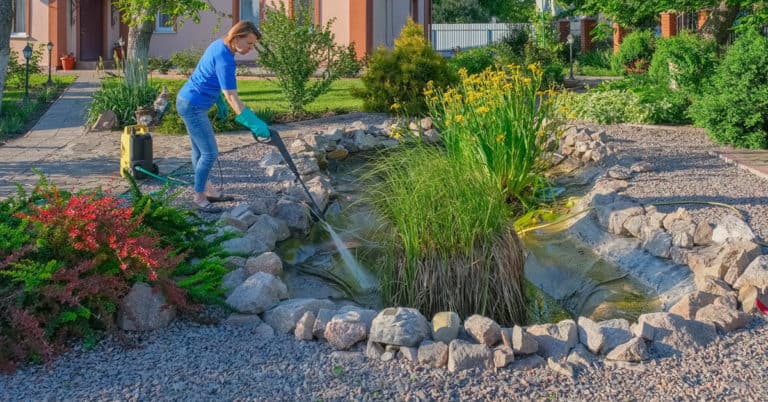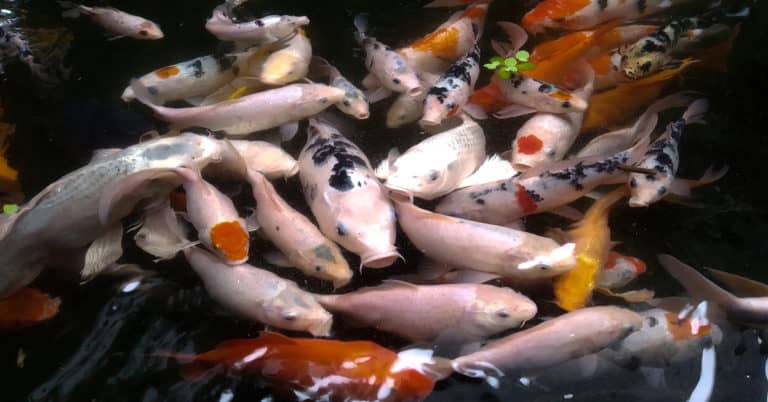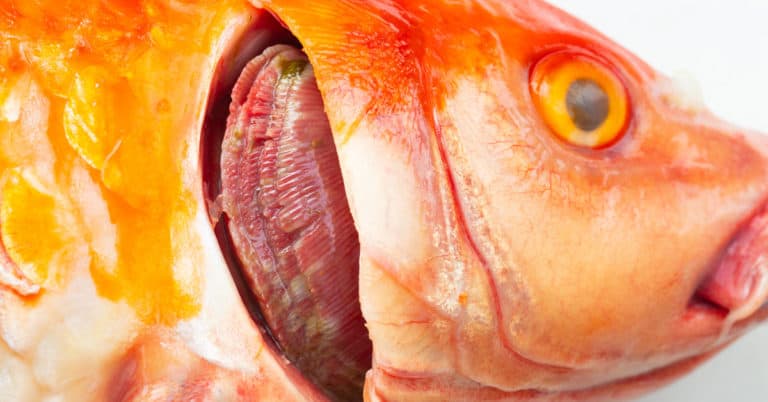Our pets are more than just animals that reside in our households. They are an extension of our family. In fact, some of us may feel greater affection for our animal companions than the people in our lives. So imagine the heartbreak you would experience if your pet were to suffer from serious health problems.
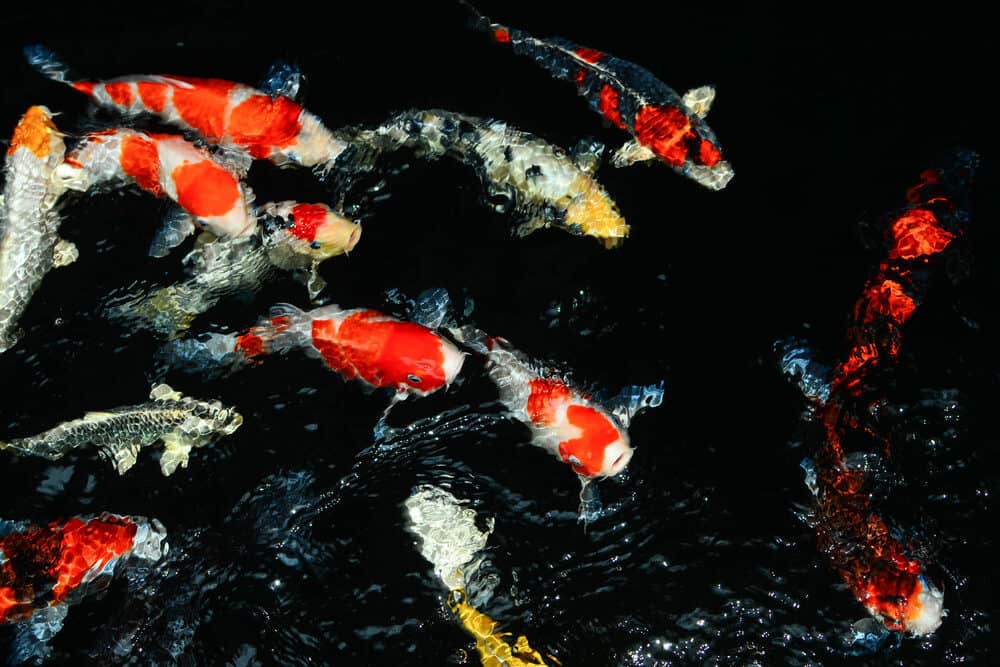
Here at Koi Pond HQ, we specialize in the care of pet fish, specifically koi. But there is more to us than the technical care of our colorful finned friends. We genuinely care about the well-being of your koi, other pet fish, and, really, all household animals.
This article is going to cover some health issues your fish might experience. As the title suggests, we'll be answering the question, "Can fish have strokes?", but we will also discuss some other common problems you may encounter with your pet fish, as well as ways we can best care for our water-dwelling companions.
The short answer to our topic in question is yes. Fish can have strokes. Any living creature with flowing blood can have a hemorrhagic stroke or transient ischemic attack.
When blood flow in the blood vessel to the brain gets disrupted, deterioration of brain tissue develops. Clots typically increase the stroke risk, and it can happen in minutes.
Symptoms include disorientation, paralysis, and/or numbness, usually on one side of the body, problems with vision, and loss of balance. These symptoms are much the same between all species.
For your fish, that could mean struggling to swim in a certain direction or perhaps swimming upside down. Certain aspects of their appearance may be affected, particularly the eyes.
But now the question is, “Did my fish have a stroke?.” It’s possible, but the likelihood is not very high. Several other health conditions can pose an increased risk and may present symptoms similar to a stroke. And thankfully, there are ways to treat or minimize the effects of these conditions.
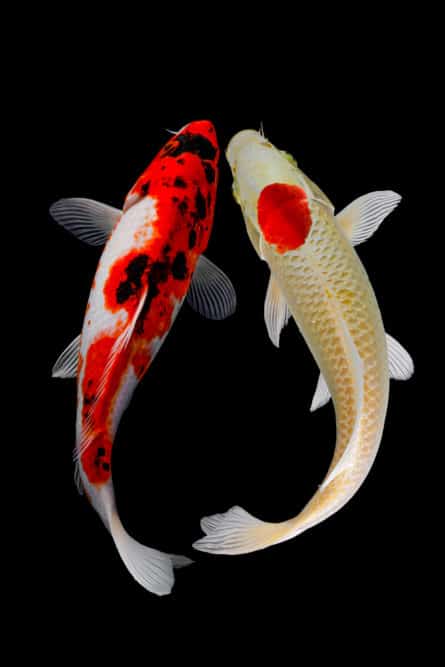
It’s crucial to ascertain the ailment your pet fish is suffering from. While strokes are not all that common, fish are prone to other conditions. Here are a few that may present stroke-like symptoms.
This is fairly common among aquarium fish. But what is a swim bladder?
Fish possess this gas-filled organ to control buoyancy without actively swimming. This allows them to maintain their position at a certain depth while conserving energy.
When this organ is adversely affected, your pet fish may float upside down, sink to the bottom of their tank, or float to the top, as they cannot control their position in the water. These symptoms that harm the fish’s ability to swim may lead you to believe they have experienced a stroke.
What causes swim bladder disease? Typically, intestinal parasites or constipation are the culprits.
If the onset of the disease is still early, a simple remedy may work. Consuming green peas may help the fish counter constipation, which would put them at a lower risk, and free them from a swim bladder disorder, usually within a relatively short time. Otherwise, a fish surgeon may have to remove a portion of the bladder or insert a stone in the organ.
Either way, the disease is treatable, especially if you can catch it quickly!
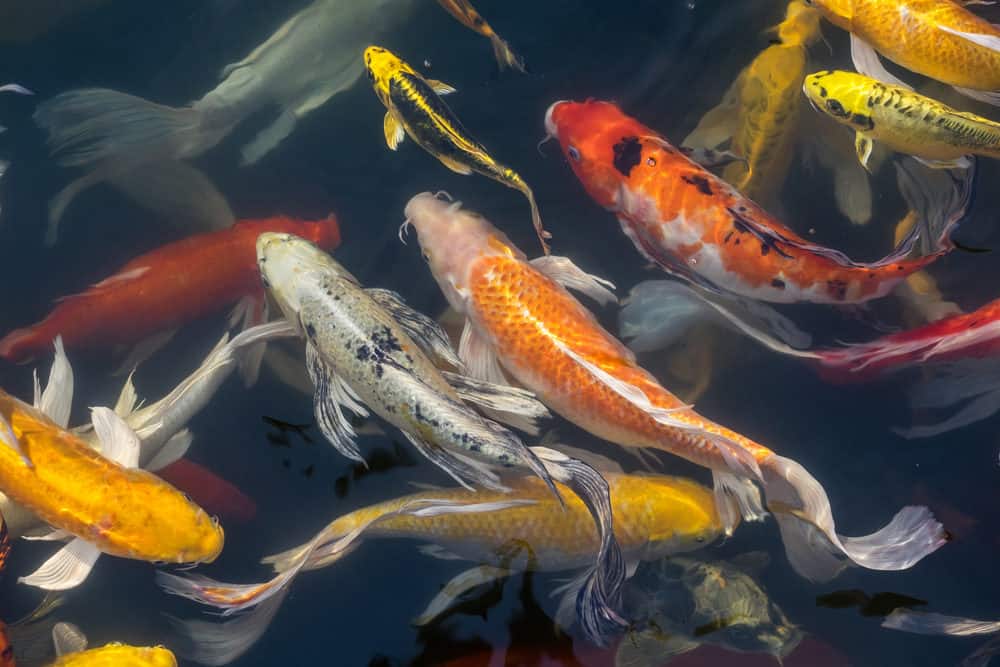
Parasites in your pet fish can range from mild to deadly, especially if not treated. Many parasites can affect your fish, and some will induce stroke-like symptoms. Most commonly, this is due to internal parasites that affect the fish's intestines or digestive system, adversely affecting the swim bladder organ.
You can take preventative measures to decrease the risk factor and protect your fish, which we'll discuss in detail later. Depending on the parasite, you may have to treat the water. Quarantining the affected fish may be necessary to avoid a potential outbreak. In some cases, you may have to refresh the entire water system.
Certain parasites typically live in small numbers among fish and are relatively harmless. But it is crucial to prevent these organisms and others from overtaking the environment in which your pet fish live.
Fish can also be affected by neurological disorders. Typically, bacteria and ammonia toxicity are the causes.
Streptococcus infection can cause fish to spiral or spin in the water, leading some to believe that their fish has experienced a stroke. Whatever the cause, erratic behavior caused by these impairments can be unnerving for fish owners.
If the cause is streptococcus, antibiotics will be necessary and professional help will be required to treat your pet fish effectively. You can test ammonia and pH levels in the water if that is the apparent cause and treat the water accordingly.
Fish come in various forms, and with that territory, a variety of nutritional needs and a healthy diet are involved. If the dietary needs of a specific fish are not met, this can cause several issues.
Constipation, as we mentioned before, is a problem that fish can encounter due to poor nutrition. Constipation can adversely affect the swim bladder of your pet fish and cause them to be unable to maintain proper buoyancy.
In addition, fish will appear lethargic and malnourished. It is common for malnutrition to be diagnosed too late, resulting in very sick or dead fish.
It is imperative to do your research before acquiring fish. Different fish have different nutritional needs. If your water system contains various fish, make sure you have food to accommodate this variety.
Another critical factor when it comes to fish food is storage. Take note of how you should store different types of food. If you do not ensure proper storage, mold can develop on feed and cause feed intoxication, which is deadly.
If you feed your fish live food, make sure the source is reputable. Live food can harbor parasites, which, as we discussed earlier, is the cause of more than a few complications in fish.
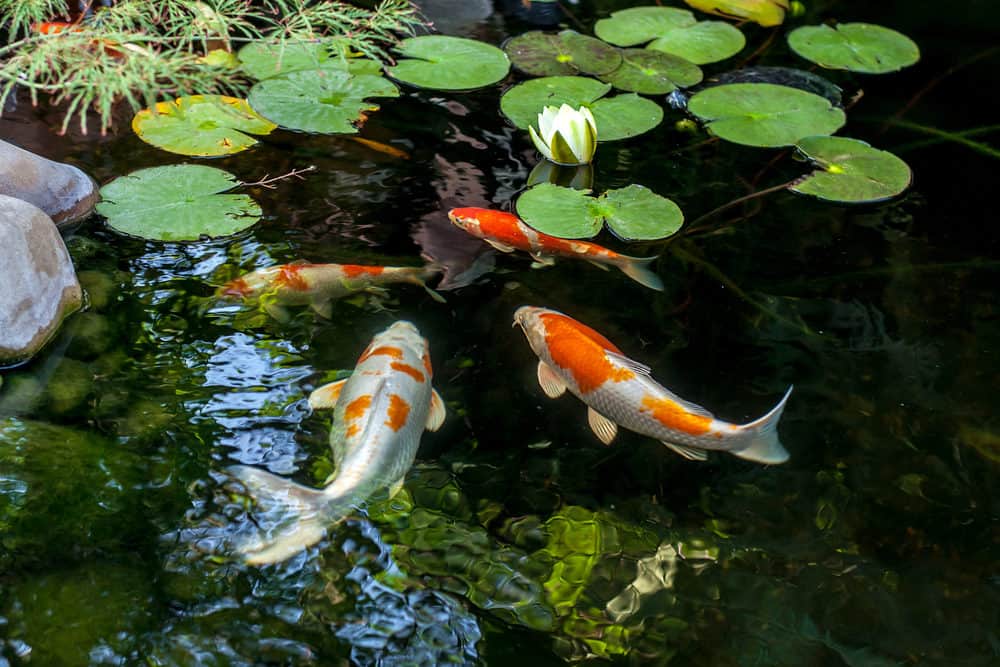
Maintaining a clean and sufficiently open environment for your fish can prevent many common issues.
When the water your fish live in becomes unsanitary or crowded, infection and disease are much more probable. Parasites are more likely to appear and multiply, adding to the deteriorating health your fish will experience dwelling in unclean water. And within a crowded environment, any health issues one of your fish experiences will spread quickly.
It's also important to note that fish are prone to stress, which can be greatly compounded by an unclean environment and overcrowded living situations. Much as it is for humans, stress is one of the primary factors leading to health issues for pet fish. So ensuring your fish can live in clean water with plenty of space is vital.
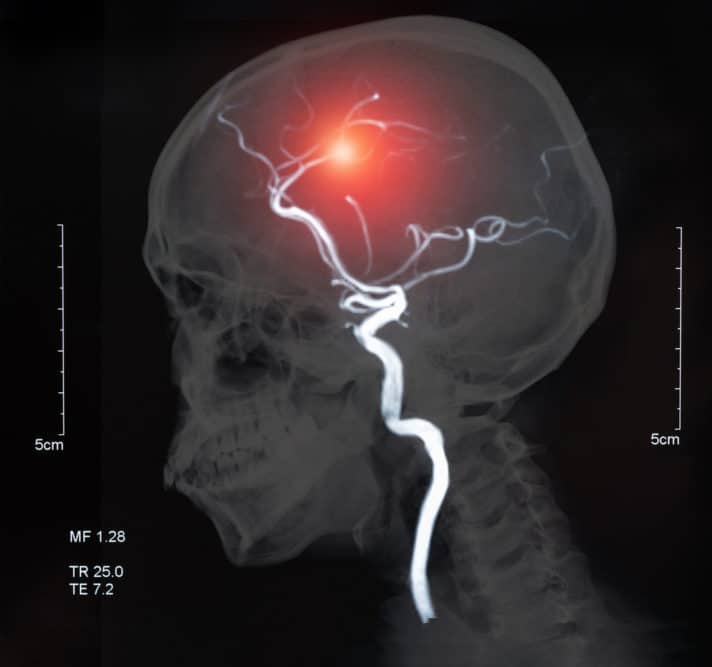
We now know about some of the common ailments that can befall your beloved fish.
However, prevention is the best medicine. So we must understand what measures will help prevent health problems with our fish. Here are some important factors to consider:
One of the most important steps you can take to ensure the health and safety of your fish is maintaining clean water for them. A filtration system is a must, but buying the proper system and maintaining it is also vital. This is one aspect of your fish's living space you do not want to have a tight purse with.
Even with a good filter, you must change the water regularly. At least once a week is standard, but make sure to check the pH levels and change the water accordingly.
You should change only a portion of the water each time you do this. This way, you can keep the fish in the water during the process and not place undue stress upon them.
If you use tap water to replace any water removed, allow it to sit for a few days and use a de-chlorinator to ensure there are no elements in the new water that may be harmful to your fish. Regularly doing this will provide a clean living space for your fish, and they will thrive.
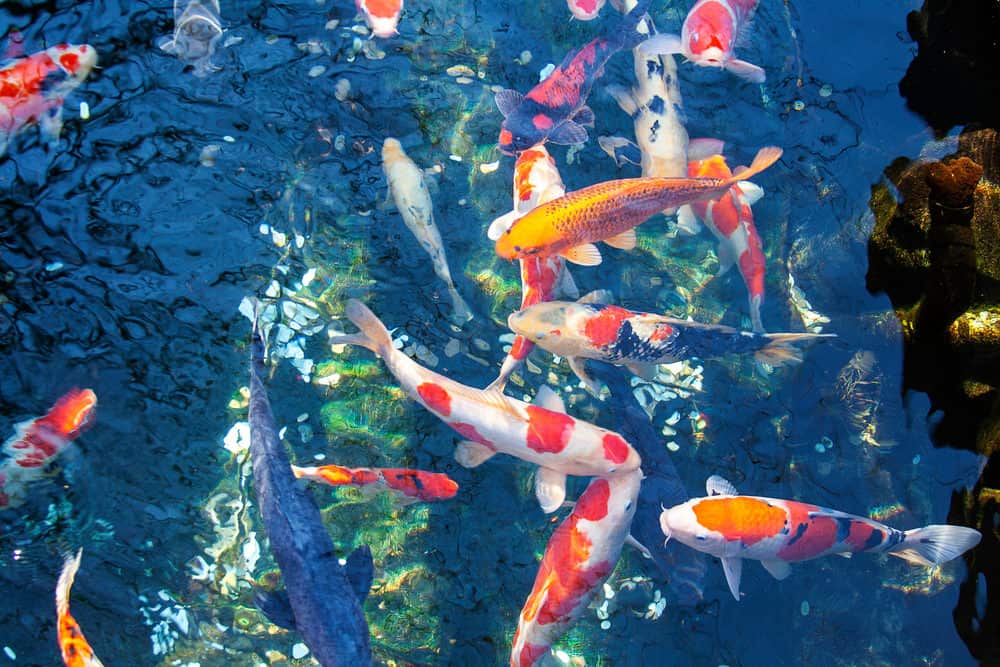
Before even purchasing your fish, it is vital to do research. Different fish have different needs with regard to living space and nutrition.
Some fish need more space. For example, four to five koi fish need at least a space of about 6 feet by 8 feet with 4 feet of depth. Meanwhile, a small lean fish like a guppy only needs about a gallon of water.
So depending on the fish you want in your ecosystem, you may need more or less water.
Nutrition is another vital aspect of fish health. Some fish are herbivores, some are carnivores, and others are omnivores.
So obtain food that will cater to the needs of each fish in your environment. Fish food is not a one size fits all situation.
As was mentioned above, store food properly. Typically, you should not use fish food past two months. If the food is live, that timeframe is even shorter. So make sure the food you obtain is used within the appropriate amount of time or discarded.
Caring for the nutritional needs of your fish in this way will keep them healthy and happy!

